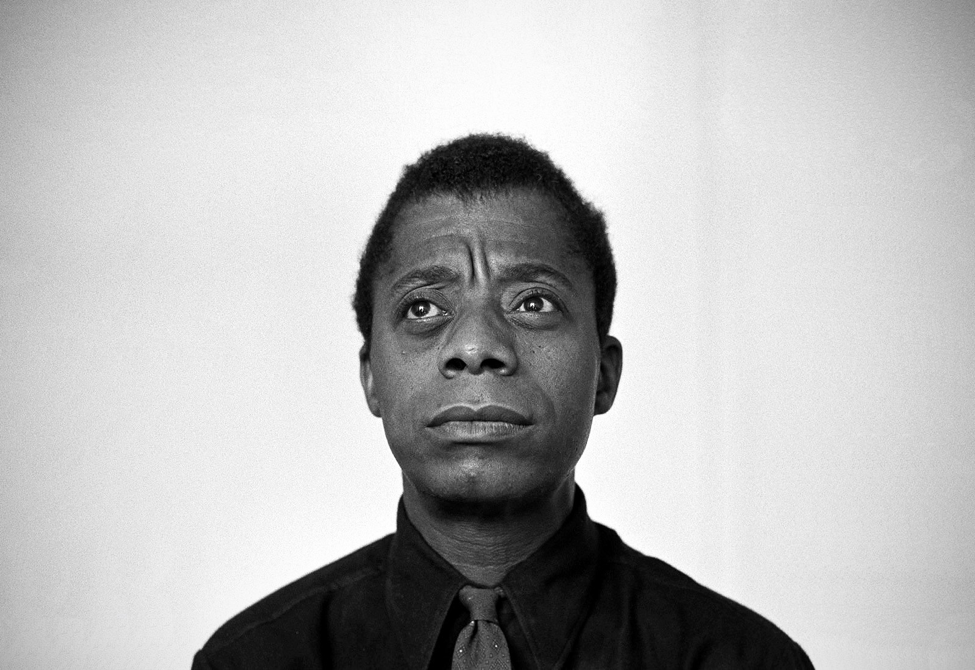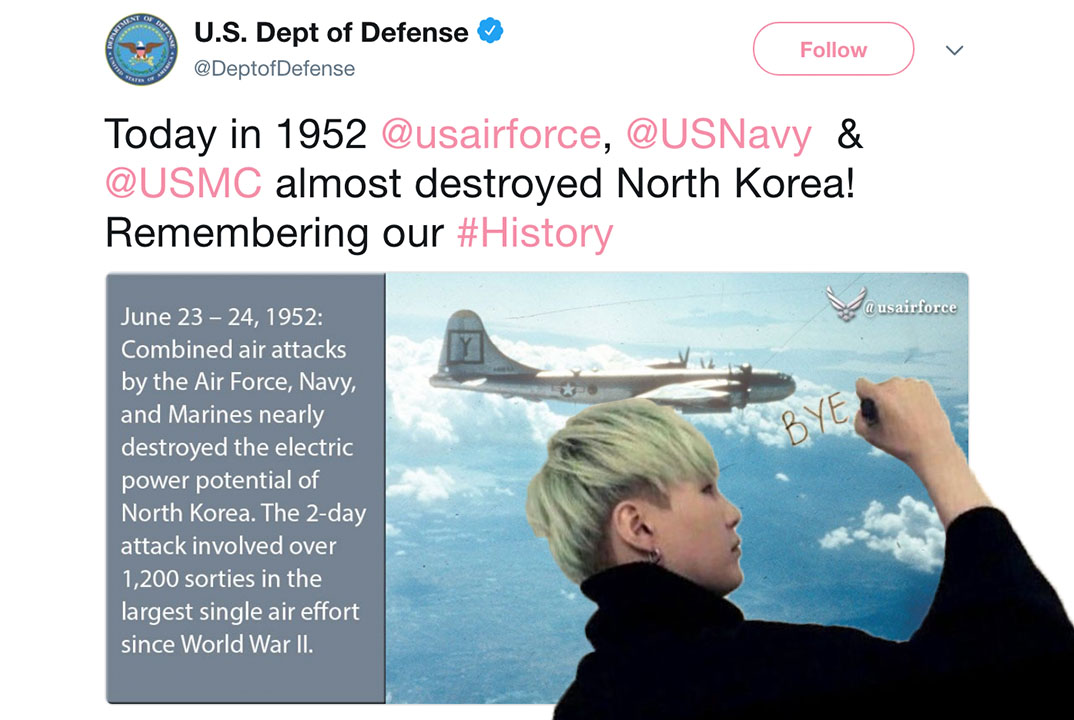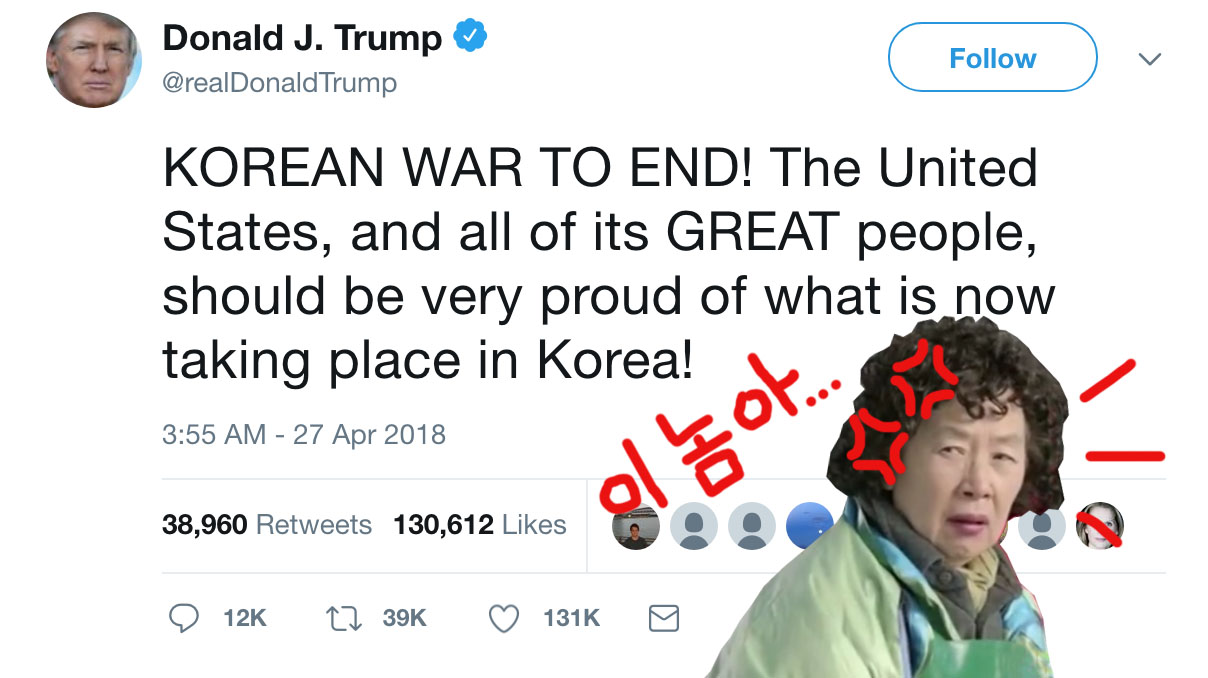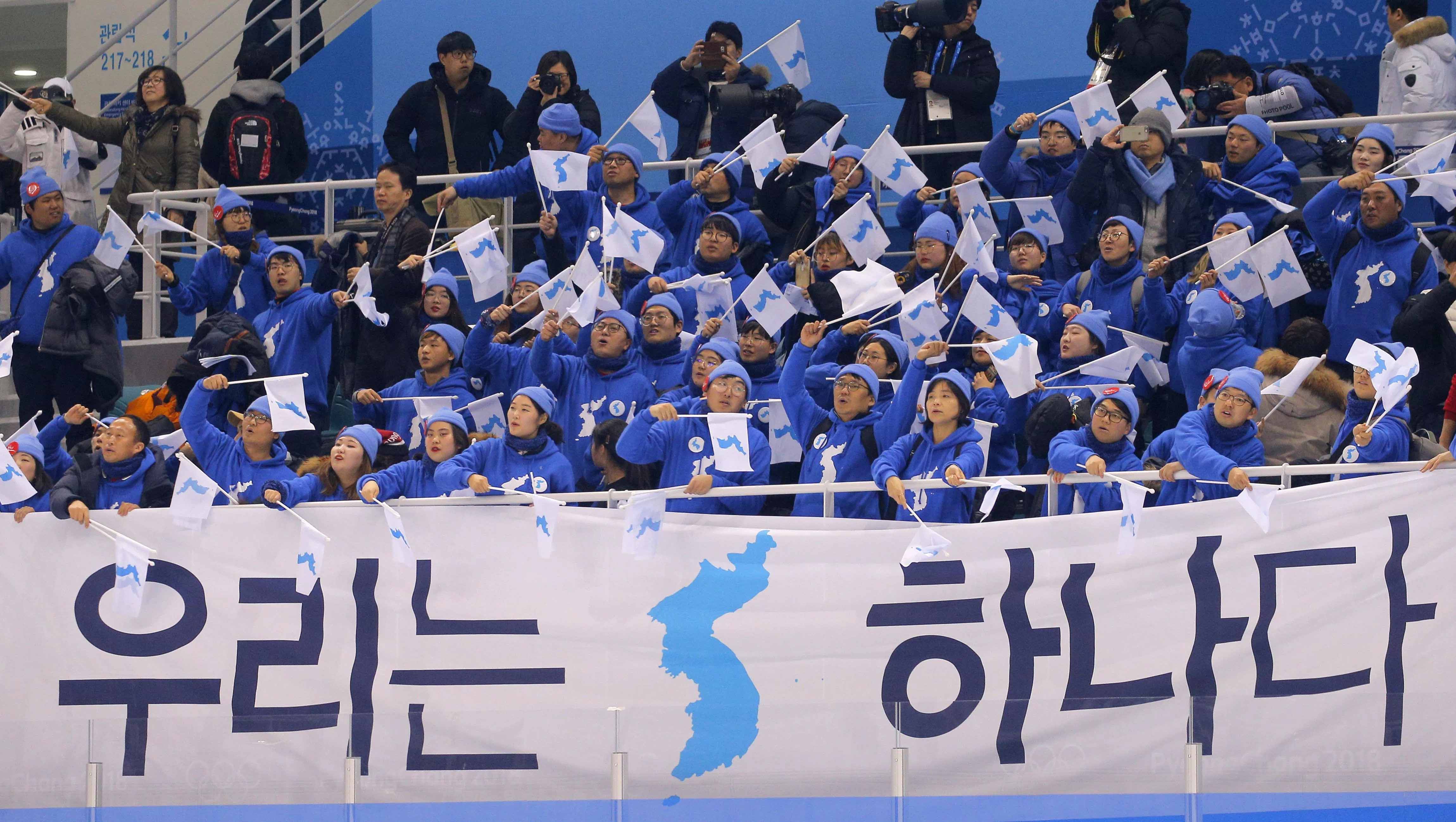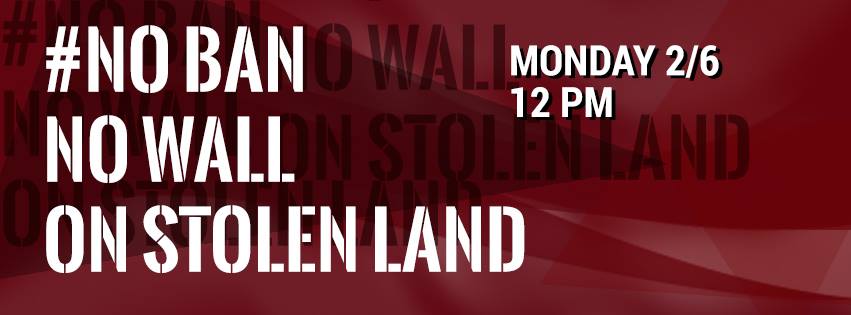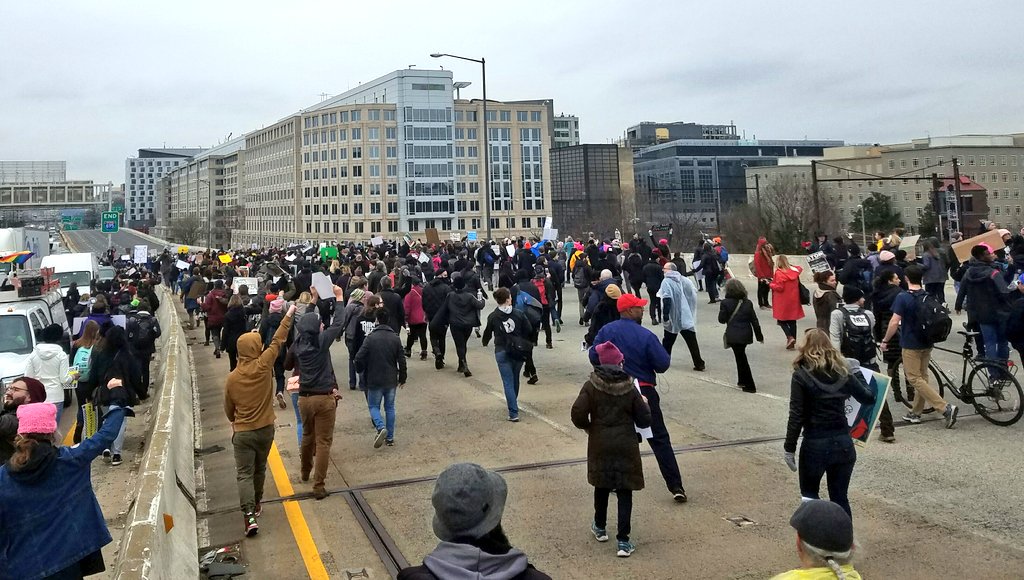Politics
ON MY MIND | What Immigrants Can Learn About Anti-Communism From the Civil Rights Movement
|
“The American dream has become something much more closely resembling a nightmare, on the private, domestic, and international levels.” — James Baldwin, The Fire Next Time
***
On page 12 of the standard N-400 Application for Naturalization, all foreign-born persons seeking U.S. citizenship are asked, “Have you EVER been a member of, or in any way associated (either directly or indirectly) with the Communist Party?” It is a yes or no question. Why is it there to begin with? Under Chapter 7 of its General Naturalization Requirements, the U.S. Citizenship and Immigration Services (USCIS) website explains that “current and previous membership” in organizations like the Communist Party “may indicate a lack of attachment to the Constitution and an indication that the applicant is not well disposed to the good order and happiness of the United States.” Consequently, an applicant “cannot naturalize” if they have been “affiliated with the Communist Party” or “advocated communism” within ten years preceding their filing for naturalization. Possible exemptions from this rule include applicants who establish that their prior membership or affiliation with the Communist Party was “involuntary”; “without awareness of the nature or aims of the organization”; or “necessary for purposes of obtaining employment, food rations, or other essentials of living.” Applicants who terminated their membership at the age of sixteen years-old or younger, or whose membership ended over ten years before filing for naturalization are likewise exempt. These clarifications, though helpful, leave the original question of why unanswered.

